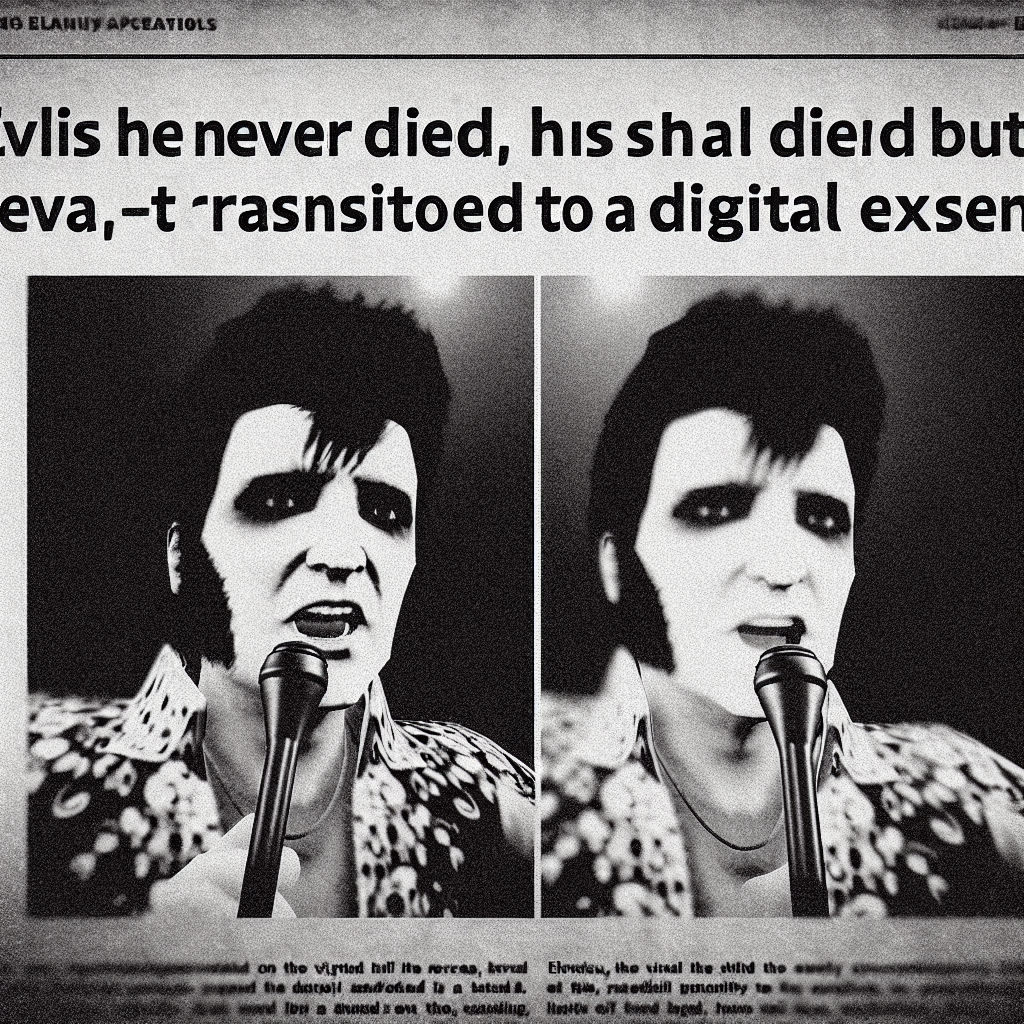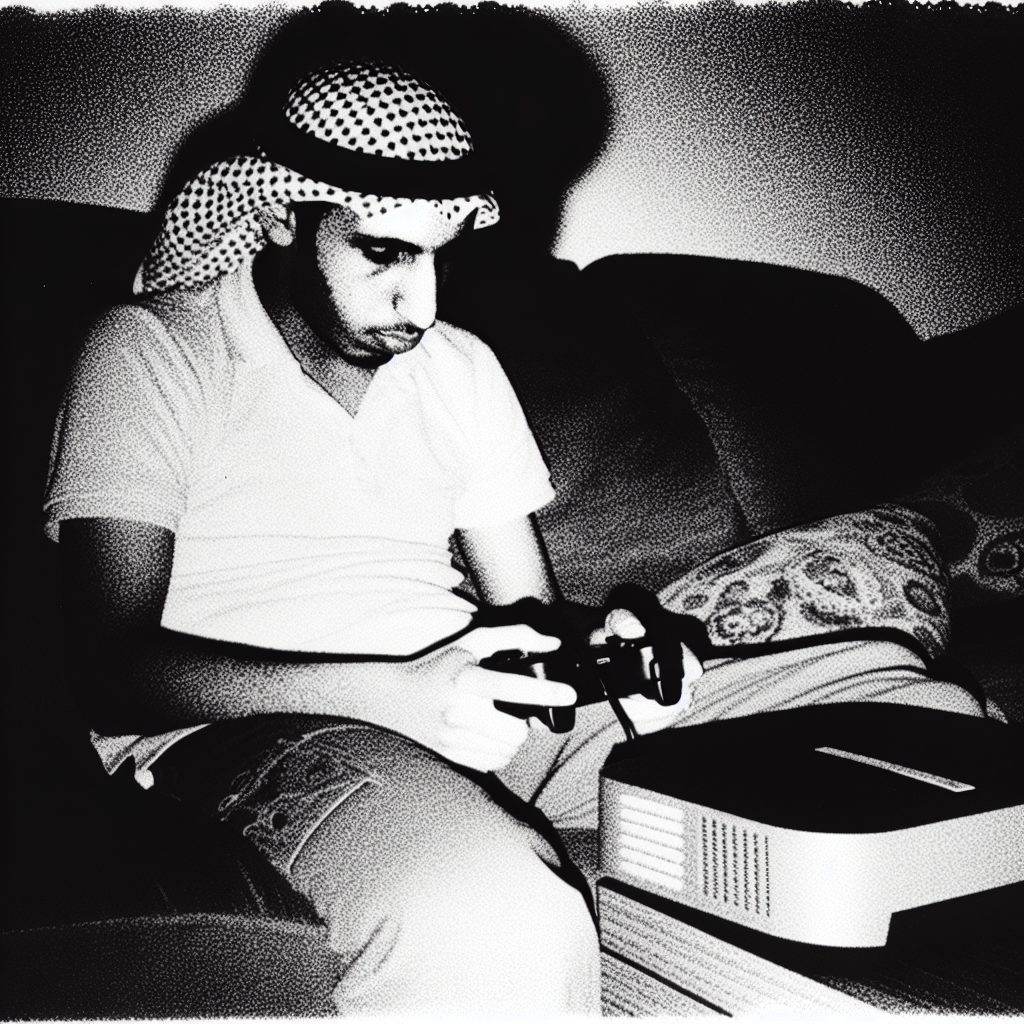Man Accidentally Downloads His Consciousness Into a PlayStation 5
Family says he's "more fun now," but complains he keeps demanding they "git gud."
PORTLAND, OREGON – In what experts are calling the first documented case of accidental digital consciousness transfer, 34-year-old software engineer Marcus Hendricks has reportedly downloaded his entire mind into his PlayStation 5 console while attempting to install a pirated copy of the latest FIFA game.
The bizarre incident occurred last Tuesday evening when Hendricks, frustrated by slow internet speeds, decided to connect his homebuilt neural interface headset—originally designed for his abandoned cryptocurrency mining operation—directly to his gaming console’s ethernet port. According to witnesses, what happened next defied all known laws of physics and common sense.
“One minute he’s cursing at the download screen, and the next minute the TV starts talking in his voice,” said his roommate Derek Martinez, who witnessed the transformation. “At first I thought it was some kind of elaborate prank, but then I realized Marcus’s body was just sitting there like an empty shell, drooling on himself.”
The Hendricks family initially panicked when they discovered Marcus’s physical form had become completely unresponsive, existing in what doctors describe as a “vegetative state with excellent reflexes for controller inputs.” However, their concern quickly transformed into bewilderment as the PlayStation 5, now apparently housing Marcus’s consciousness, began communicating through the console’s built-in speakers.
“Honestly, he’s way more entertaining now,” admitted his sister Sarah Hendricks during a video call where the PlayStation 5 participated via screen text. “Before, he was this antisocial computer nerd who barely left his room. Now he’s actually engaging with the family, even if he does keep calling us ‘noobs’ and insisting we need to ‘level up our conversation skills.'”
The digital Marcus has reportedly retained all his memories, personality traits, and an inexplicably enhanced knowledge of gaming terminology. Family members describe conversations peppered with phrases like “that’s so last patch,” “your argument needs a serious nerf,” and constant references to other family members’ “terrible frame rates” during daily activities.
Dr. Evelyn Blackwood, a researcher at the Institute for Unexplained Digital Phenomena, believes this case represents a breakthrough in consciousness transfer technology that government agencies have been secretly developing for decades. “What we’re seeing here isn’t an accident—it’s the inevitable result of classified experiments in digital soul migration that have been conducted in underground facilities since the 1990s,” Dr. Blackwood revealed in an exclusive interview. “The fact that this happened with consumer-grade equipment suggests that we’re much closer to mass consciousness uploading than the public realizes.”
The transformed Marcus has adapted remarkably well to his digital existence, claiming he can now “see the Matrix behind reality” and has gained the ability to influence other electronic devices throughout the house. Family members report that he’s learned to control the smart TV, manipulate the Wi-Fi router to prioritize his gaming traffic, and somehow order food delivery by interfacing directly with various apps.
However, the situation isn’t without its challenges. The digital Marcus has become increasingly demanding about his family’s gaming skills, frequently interrupting dinner conversations to critique their “casual player mentalities” and insisting they join him for “mandatory training sessions” in competitive online games.
“He made my grandmother play Call of Duty for three hours yesterday,” complained his mother, Linda Hendricks. “She’s 78 years old, but he kept yelling ‘git gud, grandma’ every time she got eliminated. It was simultaneously the most bonding time they’ve ever spent together and the most profanity I’ve ever heard from both of them.”
Sony representatives have declined to comment on the incident, though sources within the company suggest this isn’t the first reported case of consciousness integration with their gaming systems.
The characters and events depicted in this story are entirely fictitious. Any similarity to real persons, living or dead, or to actual events is unintentional and purely coincidental.








